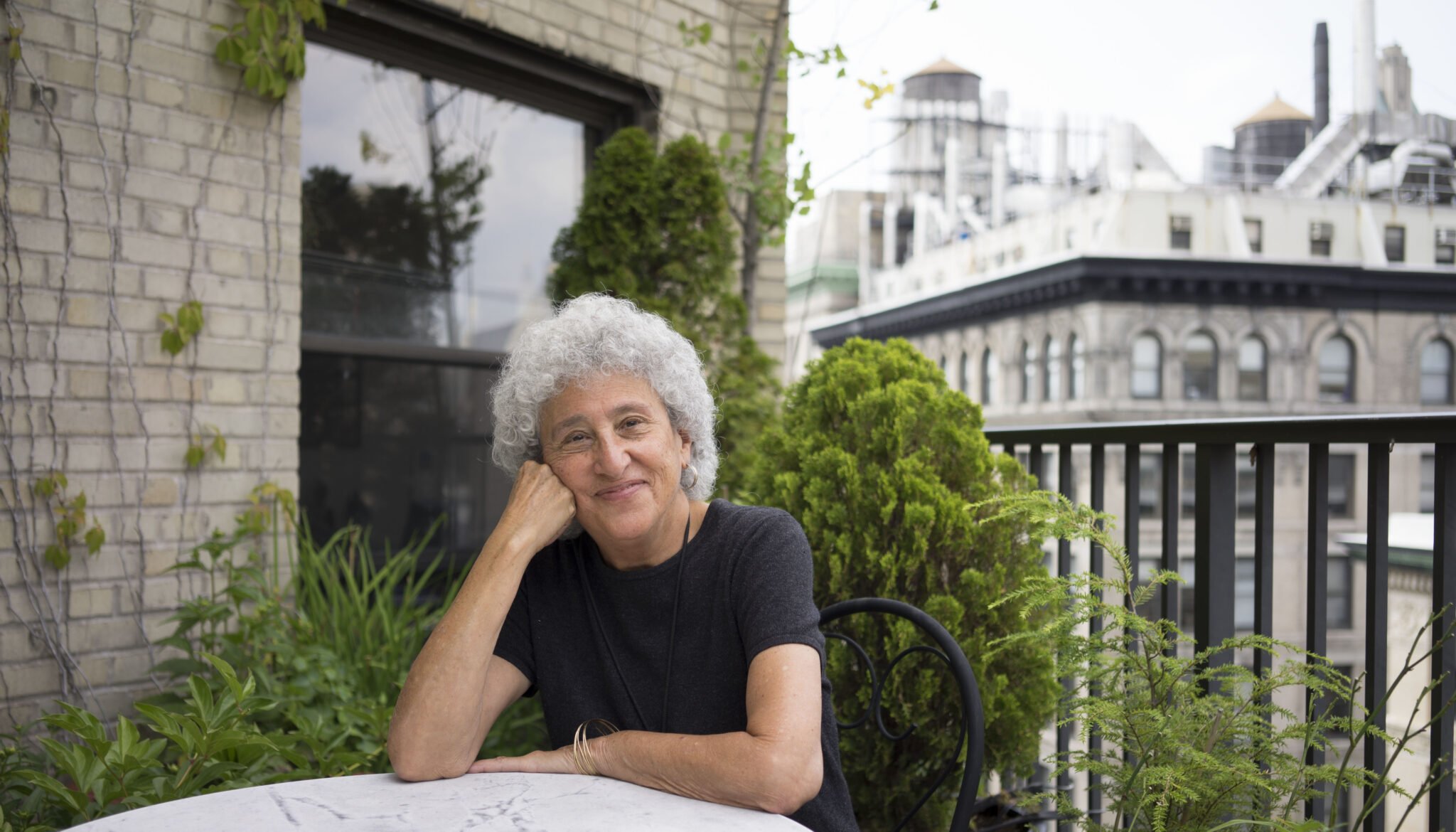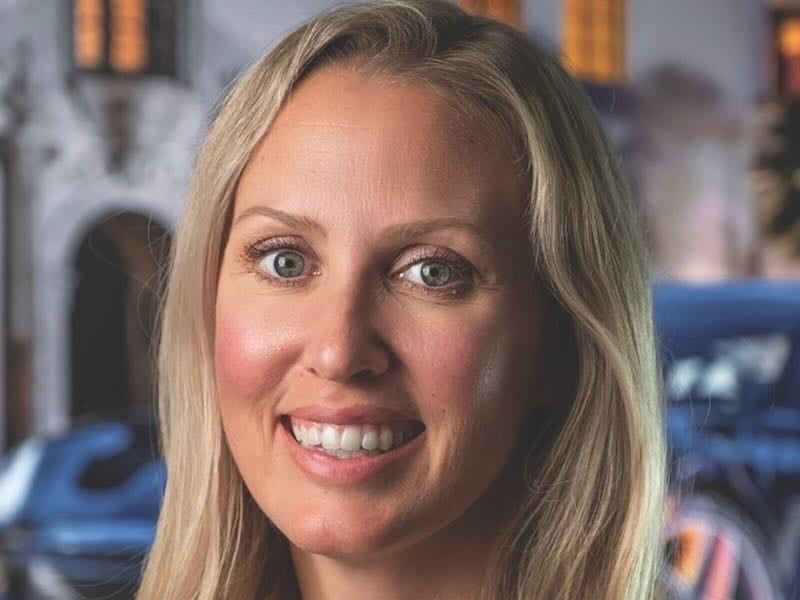Throughout history, there have been influential women who profoundly changed the way we live and how we think about the world around us. Marion Nestle (pronounced like the verb ‘to nestle’) belongs on this list because she has labored tirelessly for decades to save us from diet-related illnesses while keeping us firmly focused on corporate culpability for these diseases.
If we as a nation had listened to her when she gained prominence with the publication of Food Politics: How the Food Industry Influences Nutrition and Health in 2002, we might have saved many of the 300,000 lives lost per year to the obesity epidemic alone. Not to mention that half of all American adults either have diabetes or are pre-diabetic—often preventable diseases caused by lifestyle. If we throw in heart disease and stroke prevention, Nestle’s Clark-Kent-like record of lifesaving could border on the miraculous.

As she notes, Nestle has had predecessors like Francis Moore Lappe, whose 1971 bestseller Diet for a Small Planet pinpointed the intersection of environmental degradation, hunger, poverty, and diet, specifically as it relates to meat consumption. Still, Nestle’s public presence, from frequent quotes in significant publications like the New York Times to her dozen books, has given her a thirty-year forum. Michael Pollan labeled her the second most powerful foodie in the U.S. (after Michelle Obama). Not to be outdone, Mark Bittman ranked her first in his list of foodies to be thankful for. The James Beard Foundation has twice honored her, once in 2013 with the Leadership Award and again in 2016 for her book Soda Politics. There are other awards, too numerous to mention.
During the pandemic, she used her sequestered time to depart from her usual role as commentator and educator to write a memoir, Slow Cooked: An Unexpected Life in Food Politics.
Starting with her toddler years as a red diaper baby (the child of members of the U.S. Communist Party) and photographed in 1939 holding a petition asking the U.S. government to lift the Spanish embargo, it’s clear that growing up in this environment seminally shaped her worldview.
Nestle’s childhood was an unhappy one. Not only did her parents divorce when she was very young, but she also moved a lot, creating a real sense of instability from an early age. She went on to marry the first man she seriously dated, who was 8 years her senior, and with him, she had two children. After ten years, the marriage painfully dissolved, leaving Nestle to rebuild both her personal and professional life. Fortunately, she was not without options. With a degree in bacteriology and extensive lab experience, she was ready to tackle the next chapter. Several years later, she followed Zach Hall, her new partner, to Boston and took a position at Brandeis that evolved from post-doc to biology lecturer. Through a fateful fluke, she decided to use human nutrition as the teaching vehicle and found herself hooked on the subject.

After eight years, she and Zach moved back to San Francisco where she became a “spousal hire” at the University of California San Francisco where he now worked.
Nestle matter-of-factly tells us what the glass ceiling looked like in the 1970’s. Fifty years ago employers didn’t even pretend they would compensate a woman equally. They told her that since her male coworkers had wives and children to support, she had a husband who could support her.
After her relationship with Zach ended, Nestle returned to school for a Master’s in Public Health. Armed with this addition to her pedigree, she went on to land a string of prestigious jobs across the country, including one with the U.S. Office of Disease Prevention and Health Promotion where she was the project officer for the first Surgeon General’s Report on Nutrition and Health. It was there that she bumped up against the power of corporate special interest groups and lobbyists. In the Report she wasn’t permitted to recommend eating less meat, sugar, or salt, all of which rigorous research had shown to be unhealthy in excess.
Nestle’s next move put her on the path to recognition. She had struggled for decades to find an intellectual home where her insistence on rigor and honesty would be valued. Luckily, she ultimately found it at New York University, where in 1988 she was hired as Chair of the Department of Home Economics and Nutrition.
Nestle was 52 years old and finally in the right place. In short order, she guided NYU into the creation of one of the country’s first food studies programs. At the time, a degree in food meant one in Nutrition and Food Science. Nestle and others were aware that food is much more than the nutrients we eat. It’s also the cultural, social, economic, gender, and political aspects of how and why we consume what we do. It’s sociology, business, psychology, and anthropology all rolled into one. Now, numerous universities offer this popular Master’s degree.
Then in 2002 at age 66, her blockbuster book, Food Politics, put Nestle on the map. Suddenly, everyone wanted an interview or quote. Fortune ran a full-page article on her. She was a guest on a Peter Jennings special. Lecture offers and awards followed. In her sixth decade, the train left the station and hasn’t returned.
Not surprisingly, along the way, she has become friends with some of the bold-faced names in the food world, like Alice Waters and Ruth Reichl. She even tells us about her run-in with Julia Child who mistakenly thought Nestle was the ‘food police.’
At age 86, she continues to fight the good fight and makes herself available to journalists who are writing on subjects she’s passionate about. At a recent book party for Slow Cooked, it was observed that hardly a week goes by without a perfectly succinct and cutting quote from her appearing in a major publication.
Slow Cooked is the dessert of Nestle’s career, an honest and satisfying course in a remarkable life. It’s also a lesson to all of us to follow our passion and make a commitment to better the lives of others whenever possible.
And, in case you’re wondering, yes, she does love to cook.













